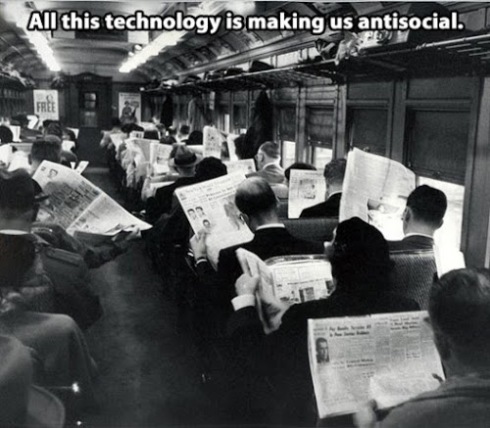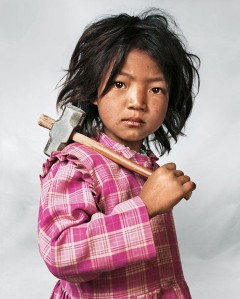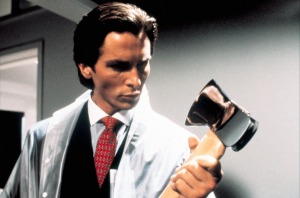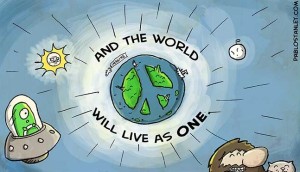I just feel like an outsider when someone brings up funerals. People spend fortunes on the ritual, coffin and flowers. Clearly that act that is only important for the living, not for the deceased, but that’s way less logical than it sounds. Originally, burial was formed to prevent the spread of infections, and to dispose of the bodies, since they are very ugly and infectious when they start to rot. Some could say the process of grief is a sign of bonding, which is natural for emotionally adult people. I think they are somewhat right, however, it seems very impractical to me. By supporting the grief with money and rituals, people support their inner sadness over the lost ones. Maybe this process helps them to get over the loss? I don’t know. I’ve only lost my grandparents, and people say it’s not even close to the feeling of losing a mother or a father. Actually, I barely see my father and I don’t think his death would induce any emotions in me. And speaking of my mother, even if I love her, I think her death would not shock me greatly. She felt the same until her mother died, then she became very depressed. She’s sad whenever she thinks about her since then. So I’m not sure if my feeling about my mother will stay, but I imagine her death as some kind of relief for both of us. She would finally rest in peace, what she barely feels awake, and I would be freed up from her bond. I don’t feel she has the love of a mother towards me, rather than love of a selfish person. “Love” of a person who regrets many things in her life, and wishes her offspring to achieve things she could not. Demanding “love” of a person who made a child because she never got enough love from her parents, nor her husbands. I feel like she never loved me. She just needed me. And I think that’s why I could never bond with her. We were never equal. In her eyes, I seem like a property. Of course we had nice moments of life, but still, I often look her as a stranger. A woman I could feel sympathy towards, but not love. Should I be grateful because she gave birth to me? I’m not even sure being born and living biological life is appropriate. I’m not talking about suicide, just some sort of “soft” anti-natalism. I don’t want to make her mistake, I don’t want to force a human to be born just for my satisfaction, and I can’t see on which level reproduction becomes a selfless act. I don’t want to be a typical father either, who lives exclusively for the family or leaves a divorced wife and some children behind. There must be intermediate solutions, however, that I haven’t encountered yet. But having or not having children is a different story. I have a girlfriend who I love, and I’d definitely be sad if she died, but still, I have no idea how buying flowers and crying over a gravestone would help. Nor the silk and golden coffin would ease my sadness, I guess.
When we examine the topic from the deceased person’s point of view, there goes two options, one with an afterlife, and one without it. If nothing happens after death, and the consciousness just completely dissolves, nobody would be there to care about the rituals of the living. And I’m pretty sure nobody will care either if one’s existence continues. Why should they? Afterlife would be far more exciting. I’m sure either way I wouldn’t care if someone dressed my dead body in woman’s clothes and make fun of it.
I’ll probably offer my body to some clinical or pathological research if I die. I see no sense keeping my remains and putting it anywhere special. Furthermore, I think the cheapest solution would be the best, which is incineration as far as I know. I promised to my mother that I’ll put her remains besides her parents, but that’s just some romantic thing. She won’t care, so why should I care then? After death, only a corpse remains, that needs no special treatment as long as it doesn’t support the process of letting go. Sometimes I think about viking funeral, taking the body onto a raft and set it on fire as it drifts. Even the wood doesn’t have to be wasted, incineration in a crematory and pouring the ashes anywhere, like in a river would be perfect. Ashes to ashes, you know.







